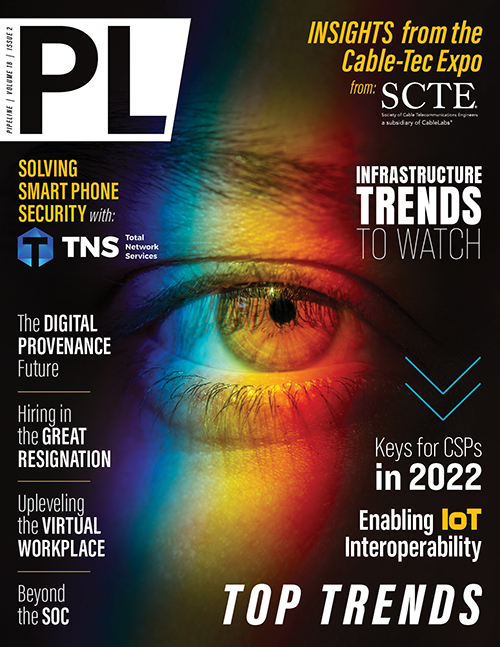Assessing Your Data Provenance Score
We might also add an element of control to the disclosure of the proof to third parties, but that is already covered by data privacy. Most people understand data privacy fairly well, and data sovereignty at an intuitive level. But due to a lack of literacy in technology, they do not understand that data provenance is merely assumed, implied or promised by traditional approaches.
Even if you fabricated all your chips, owned all your data centers, and ran all your services, you would still find yourself unable to prove data provenance to anyone because they would have to trust you absolutely. And if you were to use third-party providers, they would not only have to trust you but also trust all the providers involved.
Iron-clad digital provenance, block by block
For the longest time there has been a missing link between sovereignty, privacy and provenance. While certain infrastructures—aptly named “trust centers”—existed to provide some level of third-party trust, these trust centers are expensive, have been compromised, and establish single points of failure. Bitcoin solved that.
Bitcoin was the first of the blockchains and established the world's first decentralized, linear, chronological record that is immutable, secure and robust against censorship. While most people only know it as digital currency from the financial papers, its implications reach much further. Not only did it spawn a plethora of innovation in blockchains with a wide range of approaches, blockchains also became fertile ground for groundbreaking follow-on innovation in the area of digital provenance.
Thanks to blockchain, users can have full control over their own data, store it on their own devices, hold all the keys, and still prove their digital provenance to anyone. More importantly, they can do this inexpensively, without single points of failure or a single trusted intermediary. Blockchain has made digital provenance possible in theory, but most solutions do not yet include it in practice. For some, that is an oversight. For others, it is a strategic choice to keep their users dependent on their services.
The future is self-sovereign identity (SSI)
The combination of digital sovereignty, privacy and provenance results in what has emerged as self-sovereign identity (SSI), and is the answer to the platform and surveillance economy. With SSI one is able to:
- Prove their identity and parts about themselves in a privacy-friendly way that does not require the participation of a third party;
- Control their own keys in a way that is far more convenient and far more secure than traditional passwords, without a third party;
- Secure their digital provenance across gated communities, in a way that it can be shared, verified and proven whenever, wherever and for as long as one so decides.
SSI will impact all businesses, either as a user of information technology (IT), or as a provider of services to people or companies using IT. In future, understanding your digital provenance score and understanding how to work with the digital provenance requirements of your customers, partners and suppliers will be essential.



















